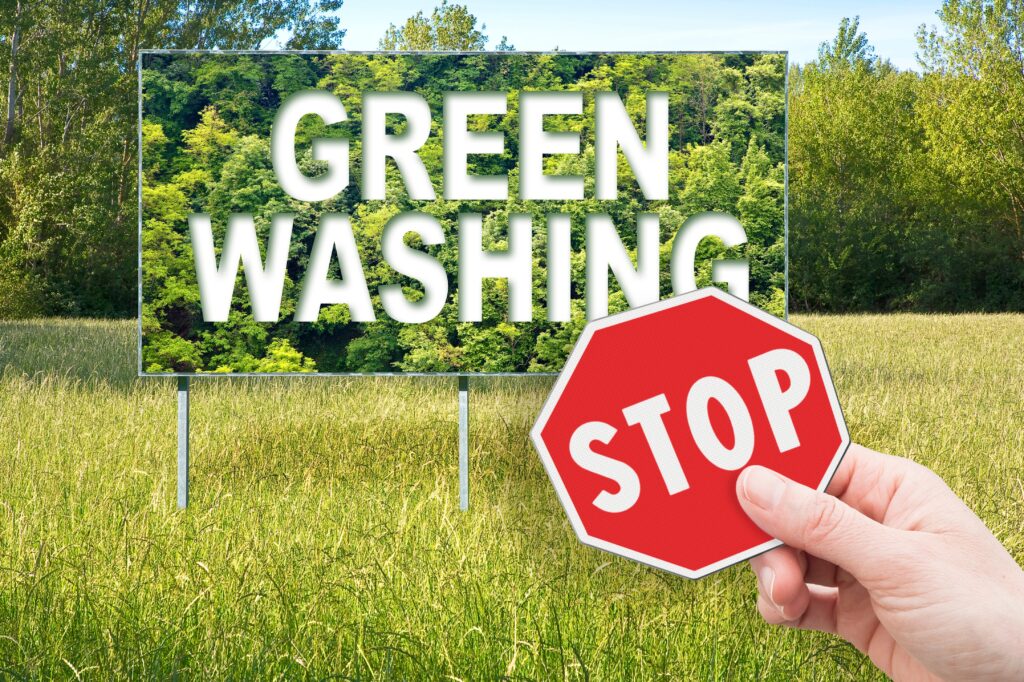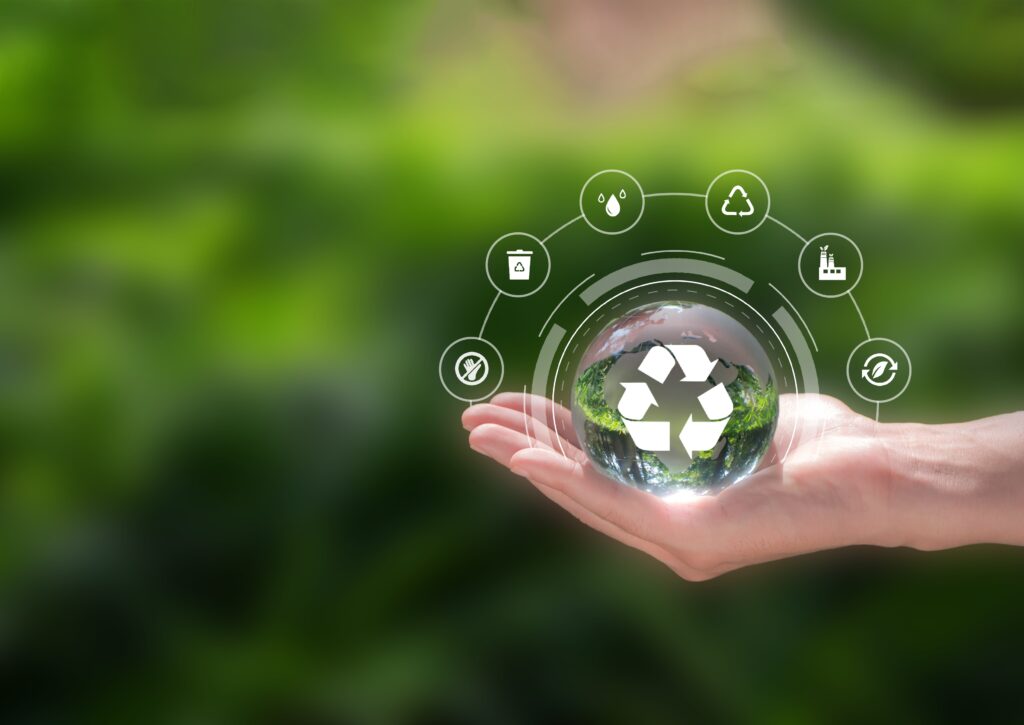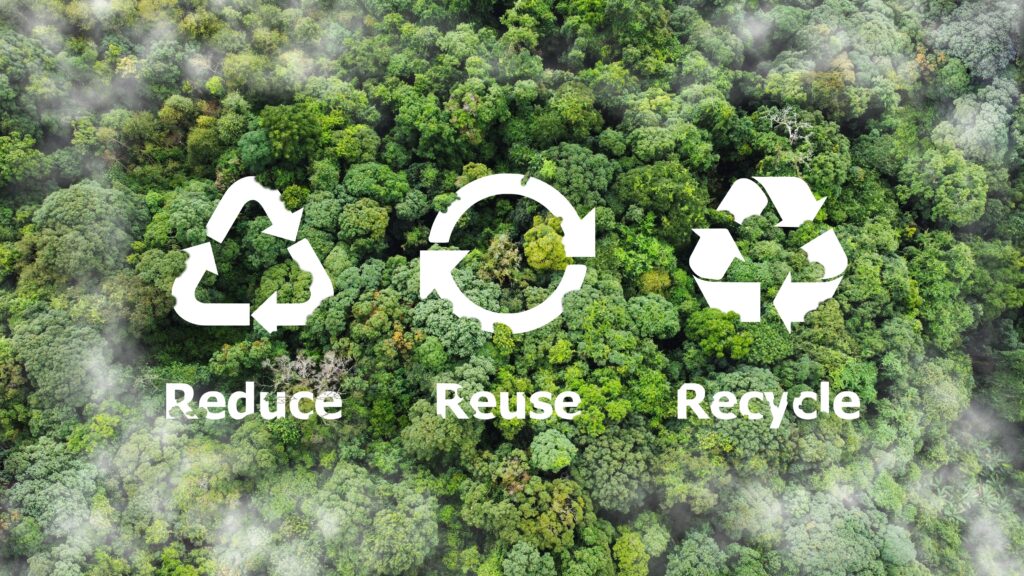Are “Eco-Friendly” Labels Fooling You? The Legal Fight Against Greenwashing
Once you’ve carefully sorted out your recycling bin, what happens to it? As consumers become more environmentally conscious, businesses are increasingly marketing their products as “recyclable” or “eco-friendly” to appeal to this demand. However, many companies are facing legal challenges for making misleading or outright false claims about the sustainability of their products, a practice known as greenwashing. These lawsuits are part of a growing effort to hold companies accountable for deceiving consumers and contributing to environmental damage under the guise of eco-consciousness.
What Is Greenwashing?
Greenwashing refers to the deceptive practice of marketing products as environmentally friendly when they are not. This includes using vague terms like “natural” or “biodegradable,” displaying misleading recycling symbols, or overstating a product’s sustainability.
While such marketing attracts eco-minded consumers, it misleads them and prevents them from making truly sustainable choices. Indeed, corporations’ duplicitous advertising influences consumer behavior that perpetuates environmental harm. According to Harvard Business Review, many companies engage in greenwashing, undermining genuine sustainability efforts.
Recent Greenwashing Litigation
Several high-profile lawsuits have emerged in recent years, particularly in industries that heavily rely on plastic packaging, such as food and beverage, beauty, and consumer goods. These cases have forced companies to defend their environmental marketing practices and face the legal consequences of misleading consumers.
Coca-Cola and PepsiCo Recycling Lawsuits
In a 2023 lawsuit filed in California, Coca-Cola and PepsiCo were accused of falsely labeling their single-use plastic bottles as recyclable. The plaintiffs, which include environmental organizations like Earth Island Institute, argued that these companies knew most of the plastic labeled as recyclable would end up in landfills or incinerators due to inadequate recycling infrastructure. The lawsuit claims that the companies misled consumers into believing their packaging was part of a circular economy when, in reality, it contributed to plastic pollution.
Danone’s “Biodegradable” Packaging Claims
Danone, a multinational food company, also faces legal scrutiny over its “biodegradable” packaging claims. The lawsuit, filed in 2022, challenges the company’s assertion that certain plastic containers are biodegradable, despite evidence showing that these materials do not fully break down in natural environments as advertised.
ExxonMobil’s Recycling Symbol Lawsuit
ExxonMobil is facing a series of lawsuits in California that allege the company has falsely marketed its plastics as recyclable, despite knowing that the vast majority of plastic waste cannot be efficiently recycled. Environmental groups argue that ExxonMobil’s use of the recycling symbol on its products creates a misleading perception, leading consumers to believe they are making environmentally friendly choices.
Nestlé’s “Sustainably Sourced” Water Bottles
Nestlé has also faced legal challenges for its claims that its bottled water brands, such as Poland Spring, are sustainably sourced and environmentally friendly. In one lawsuit, plaintiffs accused Nestlé of misleading marketing, asserting that the company was exploiting natural water sources at unsustainable rates while promoting the image of environmental stewardship.
What You Can Do to Avoid Greenwashing
Understand Know Your Recycling Symbols
Just because a product has a recycling symbol doesn’t mean it is universally recyclable. Check your local recycling facility’s guidelines to understand what materials they can process. Certain materials claim to be recyclable even if they can only be processed in a special commercial composting facility, often not available in the locations where these products are sold.
There are seven plastic recycling symbols (1–7), but only two—#1 PET (often reprocessed into bottles, textiles) and #2 HDPE (transformed into containers, pipes)—are widely recycled.
PET (#1) and HDPE (#2): Widely recycled.
PVC (#3), LDPE (#4), PS (#6), and Other (#7): Limited or impractical to recycle.
Most plastics are not truly recyclable on a scale, leaving consumers misled by recycling symbols on products.
Look for Transparent Companies
Support companies that are transparent about their sustainability efforts. Brands that disclose details about their supply chain, environmental impact, and product life cycle are less likely to engage in greenwashing.
Stay Informed on Litigation
Keep an eye on ongoing greenwashing lawsuits. These cases often set precedents that can help consumers make more informed choices.
Reuse, Reduce, Don’t Produce!
Large companies must take responsibility for their role in the plastic waste crisis by reducing the production of single-use items.
The burden of sustainability should not fall solely on consumers—corporations need to prioritize real solutions like investing in circular economies, phasing out harmful plastics, and designing products that can be effectively reused. Only by aligning corporate practices with genuine environmental goals can we move toward a future where our consumption habits no longer harm the planet.
By consuming less and demanding more from corporations, we can create a powerful movement for change—one that pushes back against greenwashing and builds a truly sustainable economy.



